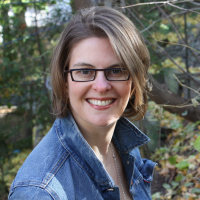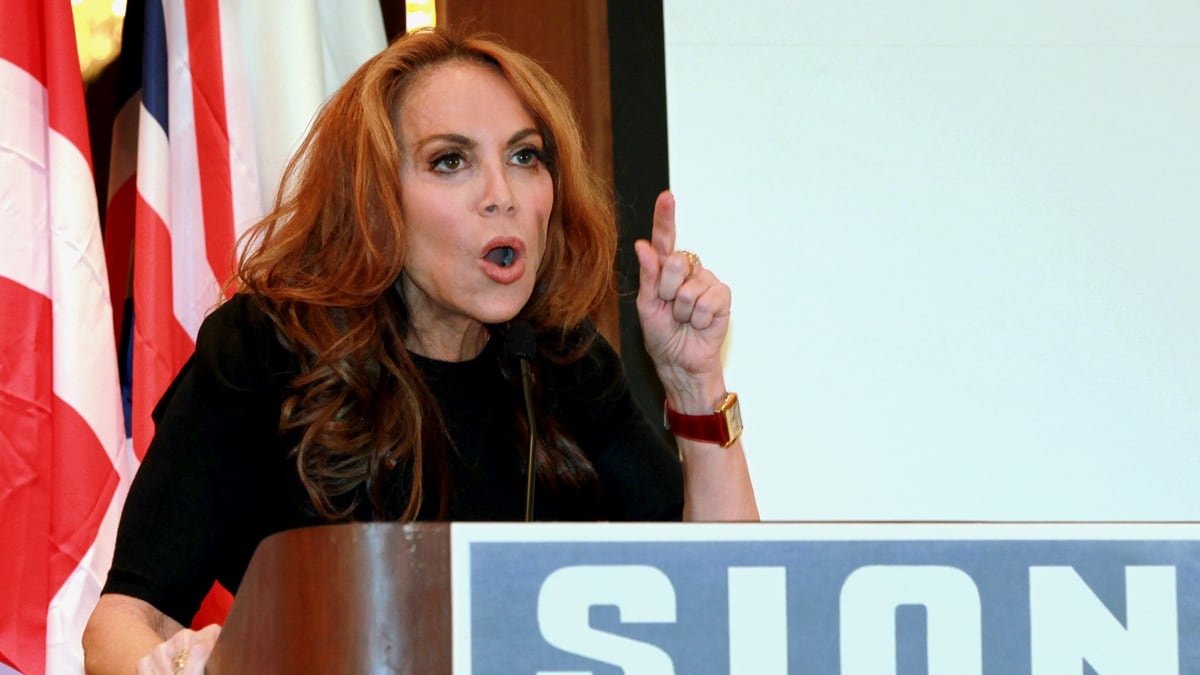In a recent blog post, Rabbi Eric Yoffie set out to establish the kinds of “red lines” he thinks should govern the selection of speakers in synagogues, JCCs and Jewish Federations. On the correct side of the line, he argues, are those who support Israel’s existence as a “Jewish and democratic state.” On the wrong side are those who “promote hatred of other religious and ethnic groups” and those who promote BDS (boycott, divestment and sanctions) against Israel. Yoffie singles out well-known Islamophobe Pamela Geller as a purveyor of hate speech—hence she should be banned—and points to Peter Beinart and J Street representatives as examples of those whose views may be controversial in certain circles, but who, because of their support for Israel, should get the kosher seal.I applaud Yoffie’s efforts to spur what is an important and increasingly urgent conversation, but I think there are some additional questions worth raising.

On one hand is the question of how serious Yoffie is about excluding those whose actions undermine the existence of Israel as a Jewish and democratic state. I’m thinking of those who promote Israel’s addiction to occupation and are helping inch Israel forward towards West Bank apartheid, if it doesn’t already exist. This could include, say, the Israeli prime minster, various cabinet ministers, and many members of Knesset. It would also include various North American Jewish leaders, including some pulpit rabbis, no doubt, who maintain a second home in Israel, if that home is in a West Bank settlement.
On the other hand is the sticky question of BDS. Yoffie doesn’t directly mention “selective” BDS—meaning boycotting products strictly from West Bank settlements—a move that has seen increasing support from within liberal Zionist circles, including from Peter Beinart (who calls it “Zionist BDS”), Peace Now and various Israeli literary and cultural figures. As a liberal Zionist who wishes to see Israel maintain itself as a Jewish and democratic state, I have also written publicly about my own support for such a stance.
But with Yoffie’s mention of Beinart specifically, the issue of selective BDS might not be far from readers’ minds. Indeed, the comments section of Yoffie’s article reveals an oft-heard criticism of selective BDS: namely, that boycotting settlement products lends moral aid and succor to the general BDS movement.
Whether those who promote BDS are personally buoyed by the kind of “selective BDS” that some liberal Zionists advocate is a fair question whose answer would require more data than we probably have available. But I have a hunch that this is not the case.
In response to a piece I wrote in Open Zion a few months ago about the need for a two-state solution as the only way to keep Israel Jewish and democratic—precisely the aims that Eric Yoffie holds dear—the anti-Zionist website Mondoweiss attempted to compare my ideas—ideas held by everyone deemed within the Yoffie tent, recall—to the worst of the racial segregationists in pre-civil-rights era America.
In other words, critics of selective BDS may wish to tar those kinds of liberal Zionists with the BDS brush. But it’s becoming increasingly clear that the BDS’ers themselves want none of it.
Whether this is incentive enough for those on the right who would seek to bar critics of Israeli settlement policy from their synagogues and JCCs, I’m not certain. But I do believe that Yoffie’s invocation of Israel as a “Jewish and democratic state” might require a second round of questioning as to who is actually supporting that laudable aim, and who is not.




